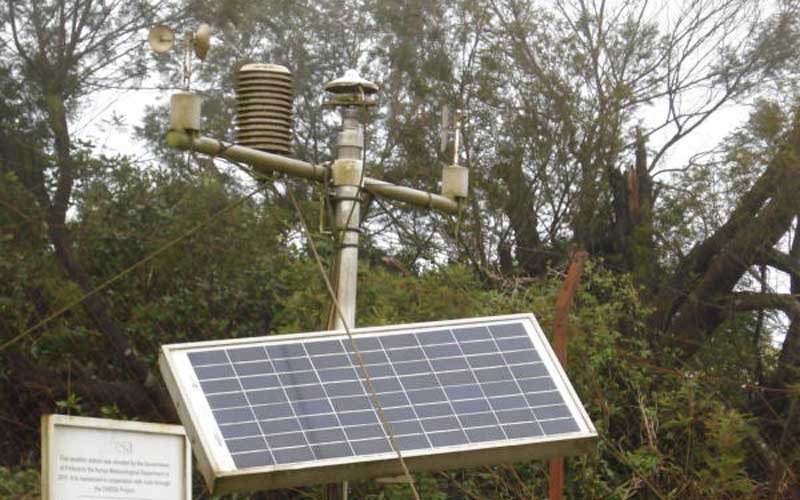×
The Standard e-Paper
Smart Minds Choose Us

While for many meteorology has only meant weather patterns, the linkage between climate justice and meteorology can never be disputed.
It is from these institutions that key credible temperature and rainfall variation data can be easily found by researchers and other stakeholders.